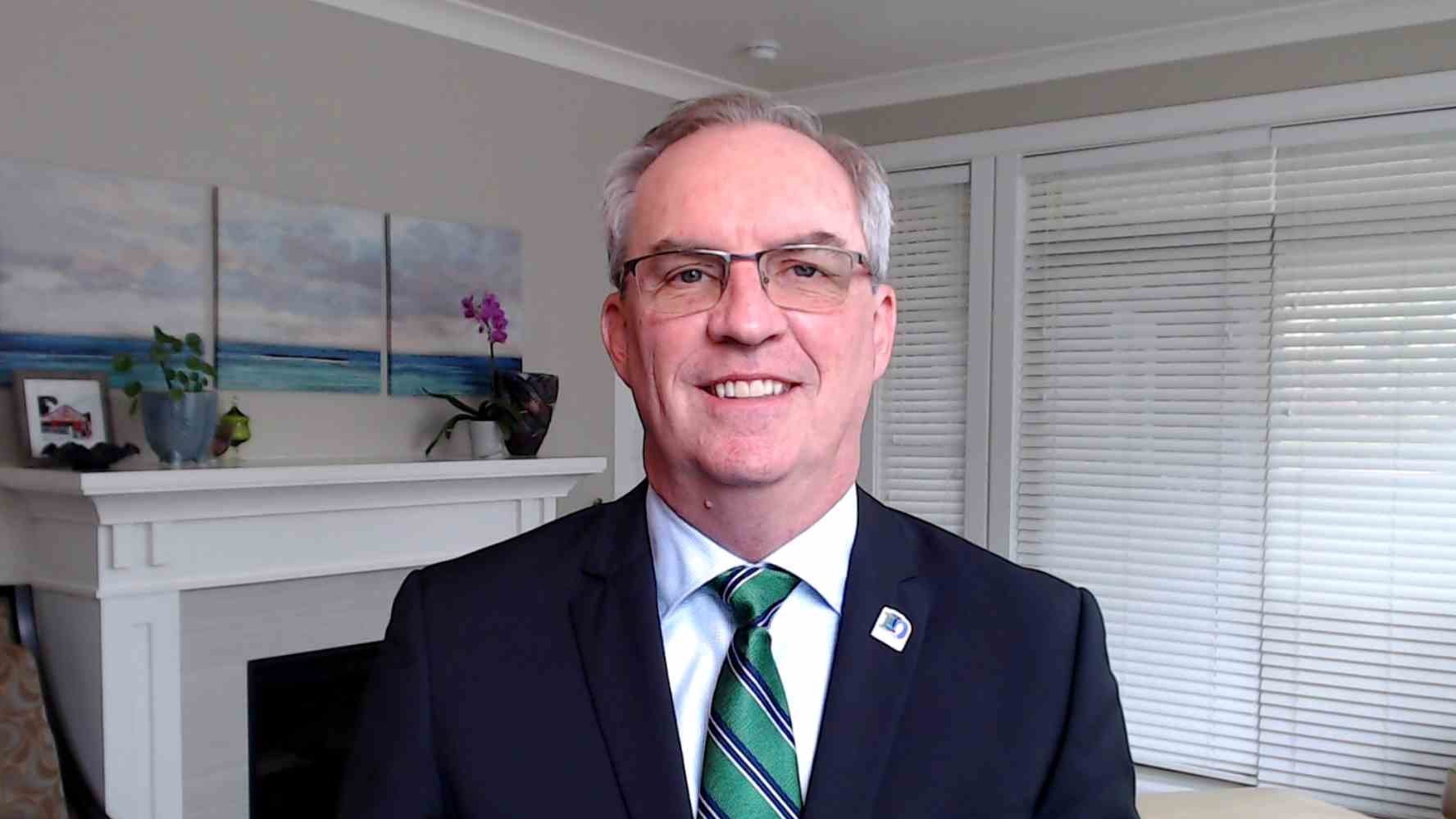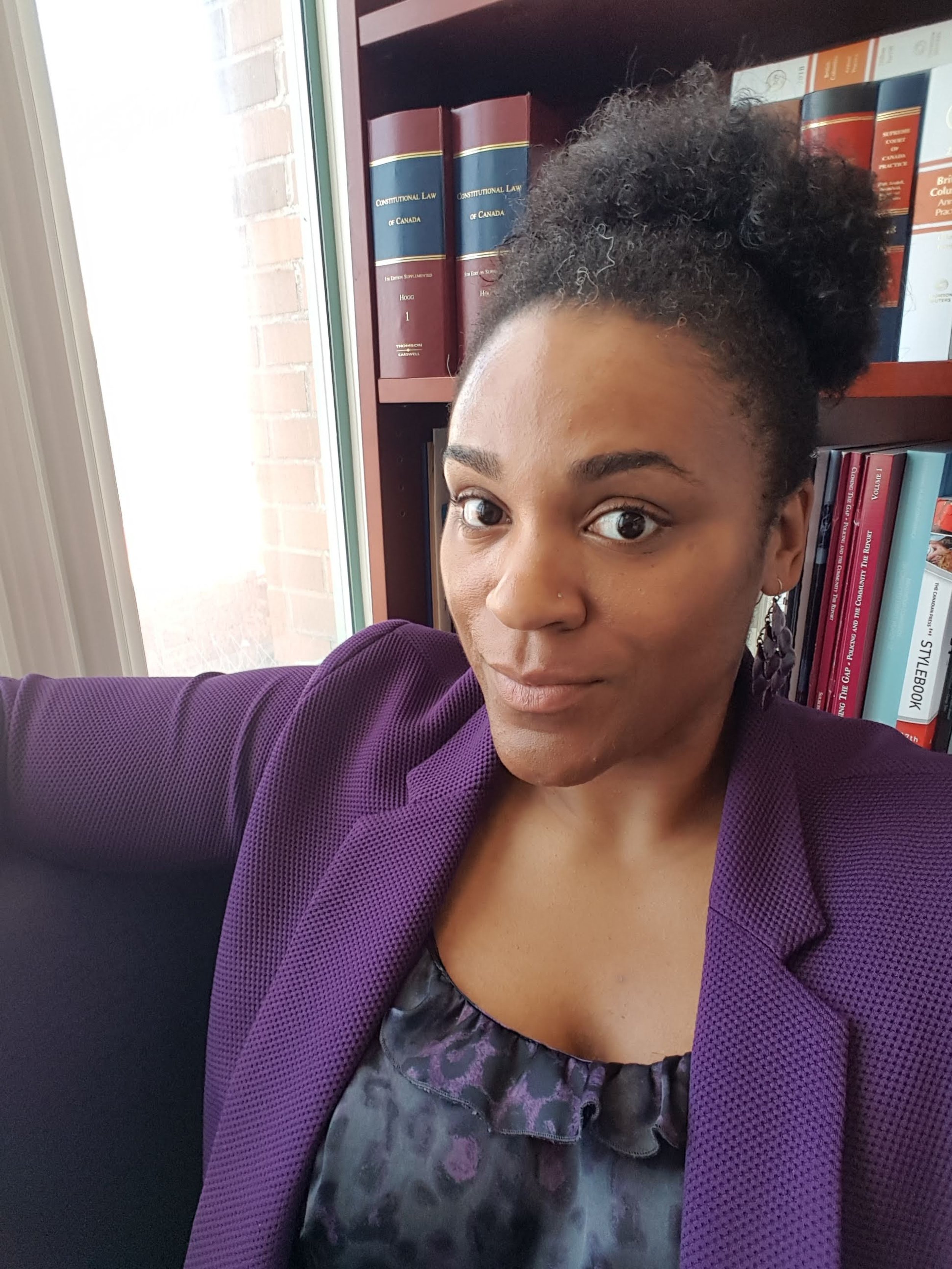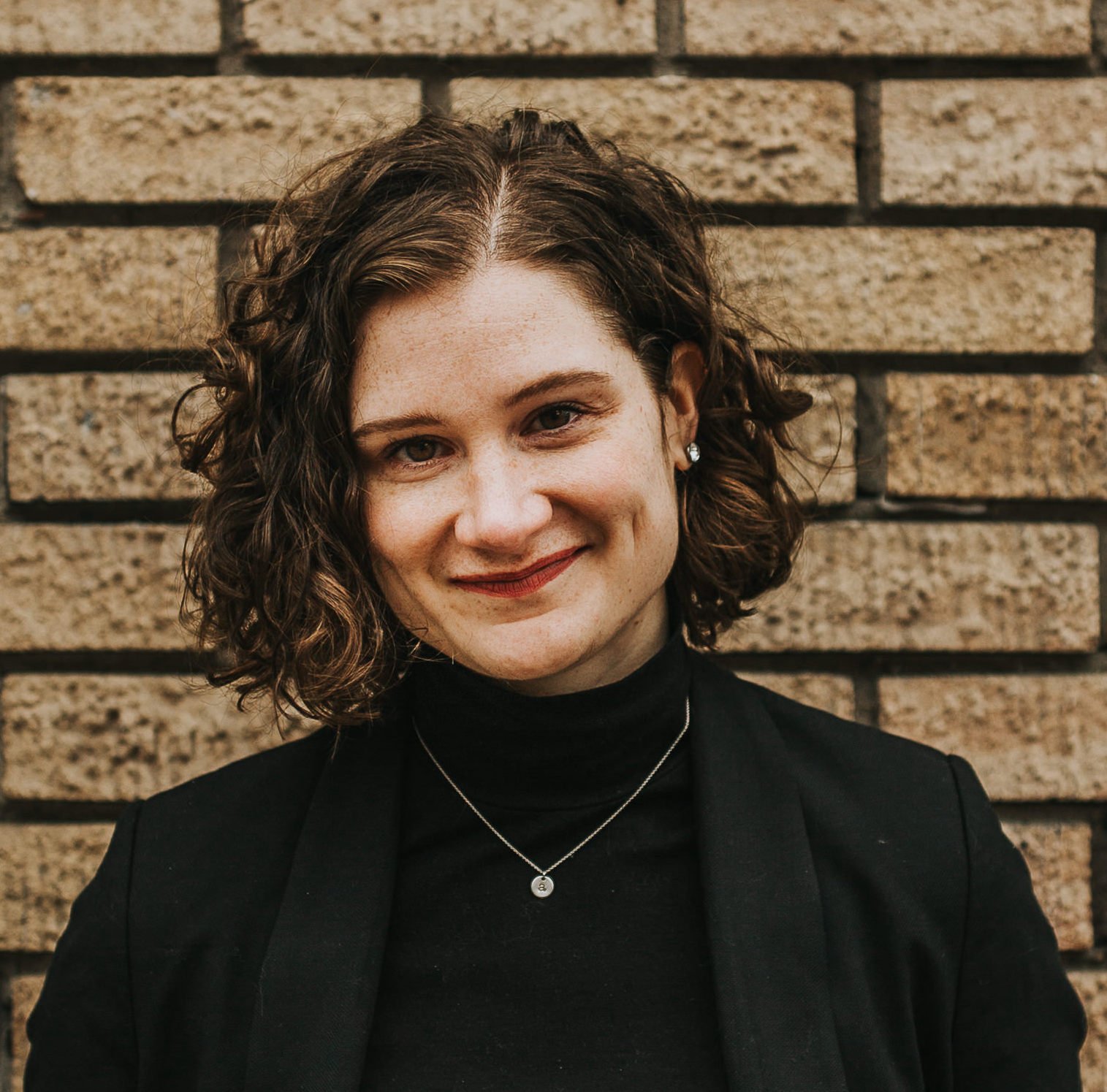Pathways to Justice: Strengthening Legal Advocacy for Police Accountability
Parveen Parmar, Director of Advocacy
On May 14, 2025, the John Humphrey Centre for Peace and Human Rights hosted Pathways to Justice: Strengthening Legal Advocacy for Police Accountability in honour of National Victims and Survivors of Crime Week 2025, funded by the Department of Justice and Government of Canada. The afternoon session explored the challenges of upholding dignity and ensuring accountability within shelter systems, examining how existing standards and administrative mechanisms often fall short, particularly in the context of shelter users’ interactions with law enforcement. The evening featured a panel of lawyers with varying practice backgrounds and experiences with police interactions. The panel focused on police accountability, exploring the impacts of policing on communities and how legal professionals can be supported in their practice. It brought together legal professionals, advocates, and community members to talk about the role of the law in confronting systemic injustice—particularly in cases of police violence and the criminalization of marginalized communities.
Together with Sam Mason, the President of the Coalition for Justice and Human Rights, we opened the session by grounding our remarks in amiskwaciwâskahikan or Treaty 6 and acknowledging the land. For me, this grounding is essential. Land acknowledgements are an important first step in recognizing the enduring presence and rights of Indigenous Peoples on these lands. They must not be performative, but an invitation to reflect on our place within colonial systems, and a reminder of the histories, treaties, and relationships that continue to shape our communities. When done with intention, land acknowledgements ground our work in accountability, reminding us that justice and reconciliation require ongoing effort, humility, and action. When treated as a checklist item or empty gesture, they risk reinforcing the very systems of erasure they intend to challenge. If we’re serious about justice, we need to recognize that the systems we’re trying to reform—legal, policing, carceral—are built on colonial foundations. The history of colonization and genocide shapes the present, and it should shape how we approach this work.





Why This Conversation Matters
This panel wasn’t just about technical legal issues—it was about asking where legal strategies fit in broader efforts toward accountability and structural change related to policing. The law is one tool in the pursuit of justice, but it has limitations that must be acknowledged and addressed—particularly by those working alongside communities most impacted by systemic inequality.
Panelists and Key Issues Raised
Each of our five panelists brought to the discussion:
Ron MacDonald, former Chief Civilian Director of BC’s Independent Investigations Office, spoke candidly about the structural weaknesses in police oversight bodies.
Latoya Farrell, staff counsel at the BC Civil Liberties Association, discussed the long-term impact of police violence on families and the failure of systems to respond adequately.
Amy Matychuk, lawyer and founder of Prison and Police Law, highlighted the gaps in accountability mechanisms for police and prison authorities.
Jatin Shory, a Calgary-based immigration lawyer, talked about how immigration enforcement intersects with criminalization and systemic racism.
Chris Wiebe, a civil litigator, shared his experience co-leading the Coalition for Justice and Human Rights lawsuit against the City of Edmonton over the clearing of encampments and the impacts of police interactions on people experiencing homelessness.
What Stood Out
Several themes came up repeatedly throughout the conversation:
1. Litigation Alone Isn’t Enough
Strategic litigation can be useful; however, it is slow, expensive, and often symbolic. Rarely does it deliver the kind of systemic change that’s needed. Public education, organizing, and advocacy outside the courts are just as important.
2. Oversight Bodies Are Under-Resourced and Ineffective
Many oversight agencies lack the mandate, funding, or independence to function properly. Officers can avoid accountability by resigning or changing jurisdictions, and even when charges are recommended, they’re rarely pursued by Crown prosecutors.
3. We Need Broader Strategies
Participants shared creative approaches: people’s tribunals, using international human rights mechanisms, and storytelling as a form of public accountability. These aren’t replacements for legal action—however, they reach different audiences and serve different functions.
4. Intersectionality and Structural Violence
Whether it's immigration detention, mental health criminalization, or addiction, the conversation reinforced that policing is just one part of a broader system that targets already-marginalized communities. These intersections often fall through the cracks in both legal systems and advocacy work.
5. Human Rights Processes and Media Exposure
Human rights complaints can raise awareness, but they are often slow and toothless. Media attention, on the other hand, can sometimes have a bigger impact than legal outcomes—though it's not a substitute for real accountability.
Where We Go From Here
A few clear next steps emerged from the discussion:
Bring legal professionals together with oversight bodies for direct dialogue about improving accountability processes.
Develop better tools to track and report police misconduct.
Advocate for victim services specifically tailored to families impacted by police violence.
Push for legislative reform grounded in community priorities.
Coalition work is especially difficult in today’s climate, where funding competition and political resistance are constant obstacles. While the barriers are real, they only underscore the need for strategic and sustained efforts.
The work is heavy, and the stakes are high—especially for the families and communities who are forced to navigate these systems over and over again. What came through clearly in this event is that legal advocacy needs to be grounded in community realities, shaped by those most impacted, and connected to broader movements for change. Supporting lawyers in this field also means recognizing the real risk of burnout, especially for those working in isolation or without access to peer networks—often carrying the emotional and systemic weight of these cases alone.
We also need spaces like these to pause and reconnect—not just to share strategies, but to build trust, reflect on challenges, and renew our commitment to the work ahead. Making time for relationship-building and mutual support is a necessary part of sustaining long-term advocacy. These gatherings remind us that while the systems we challenge are complex and deeply entrenched, our strength lies in collective care, shared purpose, and the courage to keep pushing forward—together.
This event was made possible in part by the Government of Canada.
